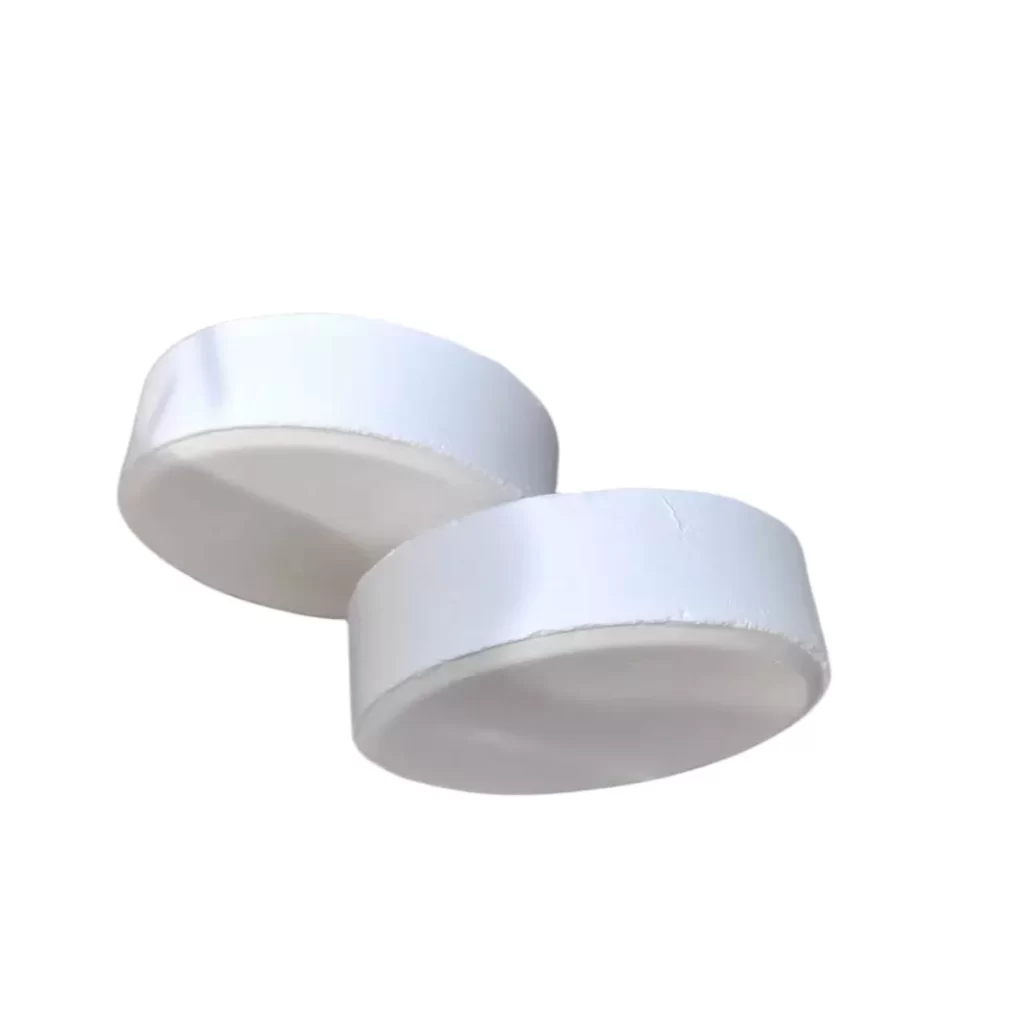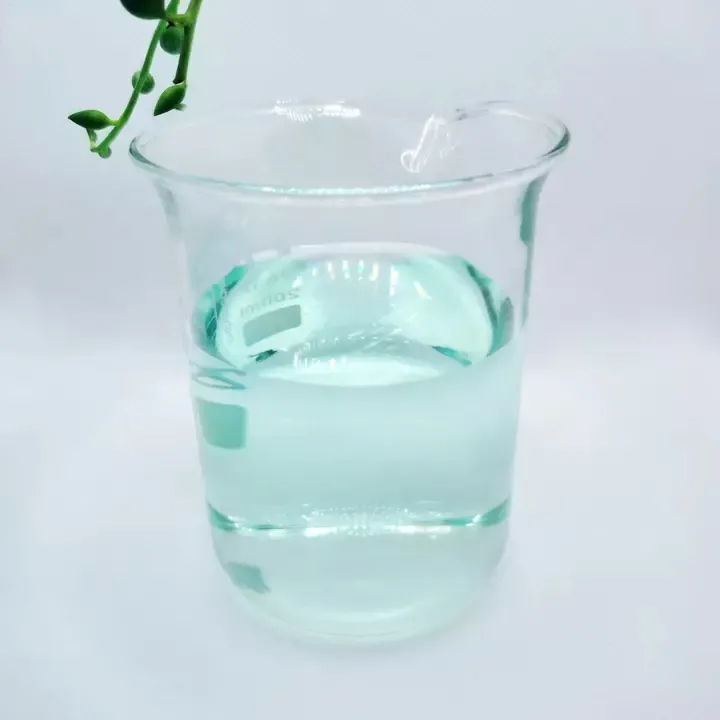To ensure the safety and cleanliness of swimming pool water, it is essential to use appropriate disinfection methods. Swimming pool chlorine tablets and liquid chlorine disinfectants, as two commonly used disinfection methods, each have their own characteristics and applications. This article comprehensively compares these two types of disinfection methods in terms of composition, usage, advantages, and disadvantages, to assist managers in making better choices.

Understanding Swimming Pool Chlorine Tablets
The main ingredients of swimming pool chlorine tablets are usually trichloroisocyanuric acid (TCCA) or dichloroisocyanuric acid (DCCA), substances that can efficiently release chlorine to disinfect and purify pool water. Chlorine tablets are categorized into fast-dissolving and slow-dissolving types. The fast-dissolving type is suitable for situations requiring rapid water quality adjustment, while the slow-dissolving type is better for maintaining stable water quality over a longer period.
Generally, chlorine tablets are either directly thrown into the pool or released quantitatively using a specialized dispenser. Chlorine tablets have better stability and are not affected by moisture or aging, which facilitates long-term storage. They can be easily added without many steps. Especially slow-dissolving chlorine tablets can release chlorine steadily over a long period, reducing the frequency of dosing. However, compared to liquid chlorine, chlorine tablets are relatively slow in adjusting the chlorine content in water and may not meet the needs of emergency situations.

What is Liquid Chlorine Disinfectant?
Liquid chlorine disinfectant is generally composed of substances like hypochlorous acid or hypochlorites (e.g., sodium hypochlorite), which rapidly decompose in water to produce chlorine gas with strong bactericidal properties. Liquid chlorine disinfectants are mainly available in industrial and food grades, with different concentrations and purities suitable for various types of pools and water quality requirements.
Typically, liquid chlorine is directly injected into the pool using injection pumps or automatic dosing systems, achieving accurate dose control and rapid distribution. Liquid chlorine can quickly change the chlorine content in the water, making it suitable for urgent disinfection or water quality adjustment. With the help of automatic dosing devices, the dosage can be precisely controlled to prevent overuse or underuse. It is suitable for all types of pools, especially large and commercial pools, but requires specialized injection pumps or automatic medication delivery systems.
The difference between swimming pool chlorine tablets and liquid chlorine disinfectant
Disinfection Effectiveness
Chlorine tablets in swimming pools generally release chlorine slowly over a long period to ensure water quality. However, if urgent water quality adjustment is needed, the response can be slow. Liquid chlorine disinfectants can quickly change the chlorine content in the water, suitable for emergency situations and high-load pools, but frequent monitoring and adjustment are necessary.
Ease of Use
Chlorine tablets can be directly added to the pool or dosed through a dispenser without complex equipment. Liquid chlorine disinfectants require specialized equipment and certain professional skills, not suitable for non-professionals.
Applicable Scenarios
Chlorine tablets are suitable for home swimming pools, small pools, or environments requiring continuous disinfection. Liquid chlorine disinfectants are more suitable for commercial pools, large pools, or environments requiring rapid quality adjustment.
Safety and Storage Requirements
Liquid chlorine must be carefully stored to prevent leakage and corrosion; chlorine tablets are relatively safe drugs that need to be stored in a cool, dry place.
Through the comparative analysis of the two disinfectants, this article highlights the advantages and disadvantages of both disinfection methods. The choice of an appropriate disinfectant should be based on the specific conditions of the pool, usage frequency, and user habits. In environments with high water quality requirements, the demands for water quality are also higher. Regardless of the choice of disinfectant, it must be used properly and regularly tested to ensure the cleanliness and safety of swimming pool water.

 Instant
Quote
Instant
Quote Email
Us
Email
Us